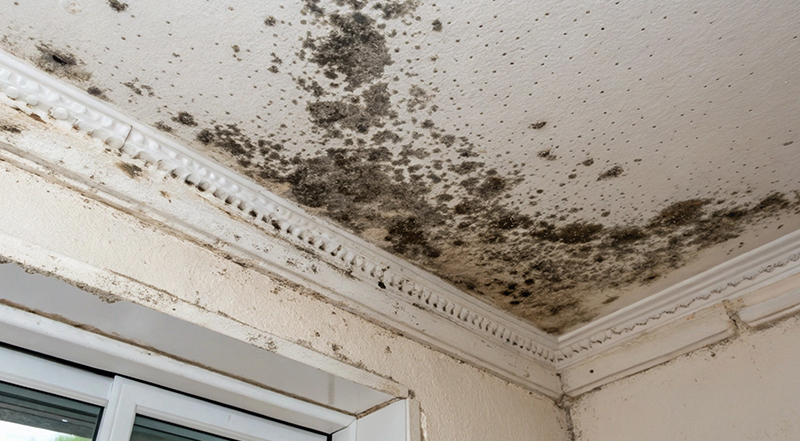2025 update to Awaab’s Law: Quicker response time for damp and mould
Damp and mould in social housing have been a growing concern, particularly after the tragic death of two year old Awaab Ishak in 2020, which was linked to prolonged exposure to mould in his home. In response, the UK government introduced Awaab’s Law, setting quicker response times for landlords to address damp and mould issues.
This article looks at what Awaab’s Law is, the latest 2025 change, how housing providers should comply, and the consequences of failing to act.
What is Awaab’s Law?
Awaab’s Law was introduced to ensure that social housing providers act quickly when tenants report dampness and mould. The Law is named after Awaab Ishak, whose death highlighted the severe health risks of untreated mould.
The Law requires that landlords must:
- Investigate damp and mould reports.
- Carry out necessary repairs promptly.
- Rehouse tenants if the property is unsafe while repairs are taking place.
What changes have come into effect in 2025?
The 2025 update to Awaab’s Law introduces measures for even shorter response times. Social housing landlords must now investigate and resolve hazardous damp and mould faster, with emergency repairs required within 24 hours. Failure to do so could lead to legal action from tenants.
How can social housing providers take preventative measures to avoid legal action?
- Regularly inspect properties for early signs of dampness and mould rather than waiting for complaints.
- Tenants should understand how to report issues and receive updates on the progress of repairs.
- Train visiting staff to identify and respond quickly to damp and mould risks.
- Invest in better ventilation, insulation, and damp-proofing measures to prevent recurring issues.
- Homes with children, elderly residents, or people with respiratory conditions should be prioritised.
Why is Awaab’s Law so important?
Awaab’s Law highlights the dangers of living with dampness and mould, and therefore, the Law enables lives to be saved. Not dealing with damp and mould issues can result in respiratory diseases such as asthma, a weakened immune system, particularly in children and older people and mental health issues due to living in inadequate conditions.
The 2025 updates to Awaab’s Law mark a fundamental step in protecting tenants from bad living conditions. Landlords must act promptly, while tenants now have stronger rights to demand safe housing.
LHC’s Asset Safety and Compliance (ASC1) and Retrofit and Decarbonisation (N9) framework takes the pressure off social housing providers by delivering a streamlined solution. Through a network of trusted, pre-vetted contractors, LHC ensures high quality and efficient compliance work. With expert guidance through our Added Value Services at every step, these approved contractors can resolve issues, especially those impacting tenant health, faster and more effectively, reducing risks and improving living conditions.


